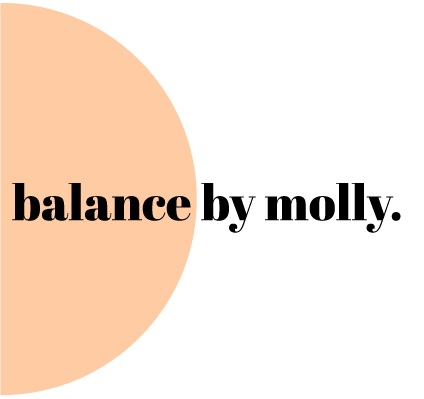I get this question a lot, and it is one I used to ask myself whenever I went grocery shopping and would balk at the price of an organic apple being over one dollar. Therefore, I did what I always do when I don’t have the answer, I investigated and educated myself on not only how important it is to buy organic and why, but also which fruits and vegetables are more important to buy organic versus others. I am compiling what I found here, just for you!
In my opinion, having a diet that is rich in fruits and vegetables is so important that I would rather have people eat non-organic / out of season / not local produce than not eat any at all. Especially if one dollar organic apples are not in your budget, or you live somewhere with a short growing season and long winter. Many people can’t afford to buy all organic all the time, and therefore it helps to know if it’s worth to pay extra for that apple or head of cauliflower.
The good news is that you don’t have to buy all organic produce to reduce your exposure to contamination. This list from the Environmental Working Group gives you the inside scoop on which fruits and vegetables contain the most chemicals and which ones are least contaminated so that you can make an informed choice to buy organic or not. I use it when shopping to help put some money back into my pocket. Also, my basic rule of thumb when buying organic is to spend the money on the foods I eat the most. For example, if you are eating berries and cucumbers every day then buy organic.
Familiarize yourself with are these two lists:
THE DIRTY DOZEN a.k.a. the twelve most contaminated:
1. Apples
2. Celery
3. Tomatoes
4. Cucumbers
5. Grapes
6. Hot peppers + bell peppers
7. Nectarines
8. Peaches
9. Potato
10. Berries
11. Collard Greens
12. Kale + lettuce
THE CLEAN FIFTEEN a.k.a. the fifteen least contaminated:
1. Asparagus
2. Avocados
3. Cabbage
4. Cantaloupe
5. Sweet Corn (be wary of GMOs and buy local)
6. Eggplant
7. Grapefruit
8. Kiwi
9. Mangoes
10. Cauliflower
11. Onions
12. Papaya
13. Pineapples
14. Sweet peas
15. Sweet potatoes
And what about fruits and vegetables that are not on these lists? Like bananas for example? I label bananas as peeled fruits, like mangoes, avocados and kiwis, and therefore I don’t typically buy organic.
Although one thing to think about with peeled fruits is although the thick skins may spare you from significant pesticide exposure, it is possible that large amounts of pesticides and herbicides are used on the farms from which these originate, contaminating groundwater, promoting erosion and also possibly damaging local ecosystems. To help keep contamination out of your food and the environment, it’s best to buy organic when you can. Educate yourself and make smart decisions about your food. Your health will thank you!


